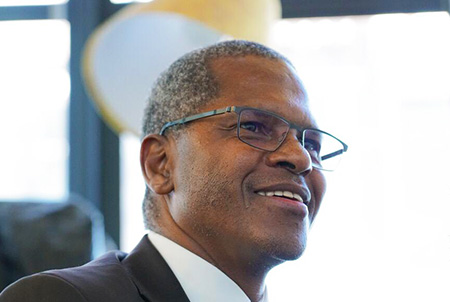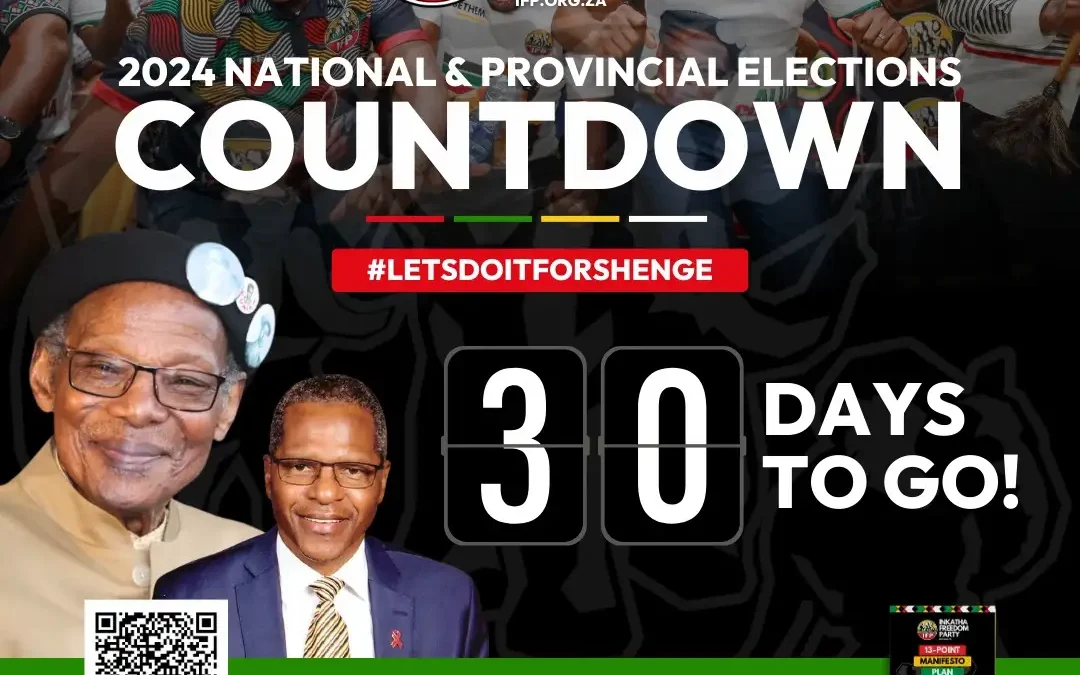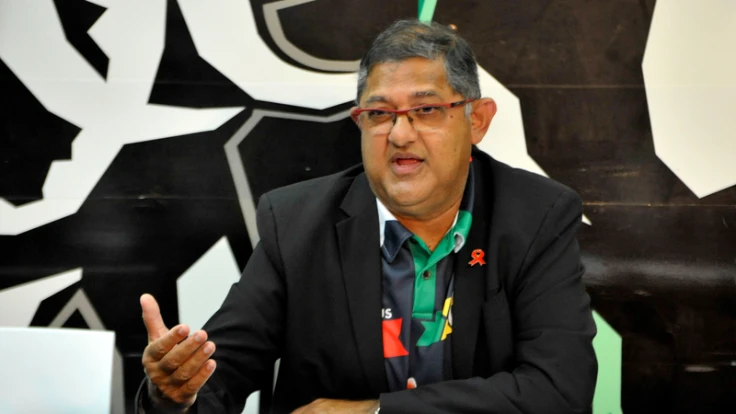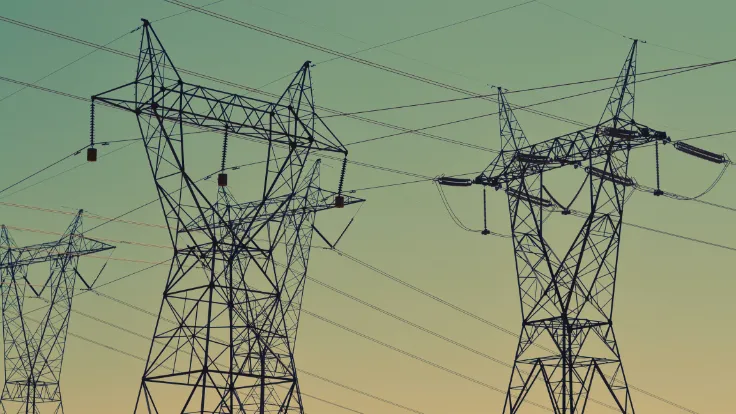Mangosuthu Buthelezi’s Online Letter
My dear friends and fellow South Africans,
A couple of weeks ago the London Sunday Times mentioned to me that the United Kingdom was abuzz with the impending presidential visit. Less so, unfortunately, due to the potential benefits for our two countries, than to the British not knowing what to make of our President’s private life.
Following the monarchy as closely as they do, Britons were wondering how it is decided which one of the Mrs Zumas would receive the great honour of being the guest of HRH Queen Elizabeth II and the Duke of Edinburgh. It is deeply regrettable that this kitchen table debate erupted into a media debacle as our President arrived on British soil.
The President’s response that Britons have always considered Africans inferior and barbaric can have done nothing to lighten the mood at Buckingham Palace. One can only hope that, by the end of the President’s visit, the focus will have shifted from what the President said about the media to what the President said about investment.
The delegation of Ministers accompanying the President is somewhat daunting, and expresses the gravity of the President’s commitment to a comprehensive engagement with the United Kingdom. But perhaps more important than the ministerial delegation is that of the more than 200 South African business people who will attend the UK-South Africa Business Seminar designed to boost investment and trade ties.
President Zuma will address the Seminar and this, more than the State banquet or the address to the British Parliament or the visit to the 2012 Olympic Park, will have an impact on South Africa’s economic prospects for President Zuma’s term of office.
It is interesting that President Zuma is using this visit to urge the United Kingdom to lift sanctions against Zimbabwe. I cannot help but recollect the devastation wrought on our economy by the call for international disinvestment and sanctions against South Africa which the ANC pursued during Apartheid. When, in October 1976, Mr Oliver Tambo stood before the United Nations General Assembly as the recognized representative of the South African people and called for sanctions, our future was impoverished.
The call for sanctions and disinvestment opened an ideological rift between the ANC-in-exile and Inkatha, for I warned that isolating South Africa economically would birth monopolies and remove the available resources even further from the poorest of the poor. Moreover, the economy we would inherit on the day of our political liberation would be a weakened one, crippled to deliver the social justice that democracy would demand.
With the effects of the global economic recession still blighting our best efforts to achieve an economic growth rate that could meet the current and future needs of our people, the message the President delivers at the UK-South Africa Business Seminar is likely to be make or break for many businesses and projects in South Africa.
Investors in the UK are waiting with bated breath to hear the President’s pronouncements on his Government’s policies and intentions. It is vital that whatever the President says is said categorically, leaving no room for debate. South Africa needs investors. We need greater investment, particularly in the current economic climate. The President must reassure investors and potential investors with the commitments he makes in the UK, because mealy mouthed utterances now will again impoverish our future.
One of the most important matters on which the President must pronounce his views clearly is that of nationalization. The call by the ANC Youth League to nationalize our mines is the tip of the iceberg of ignorance that would lead South Africa to destruction if pursued. The lukewarm response that nationalization is not government policy is inappropriate in view of the fiery proclamations by the Youth League President that he will make this bad idea into government policy come hell or high water.
Then, during the State of the Nation Address, President Zuma fudged the issue. Losing the greatest opportunity to reassure South Africans and the international community that Government would not nationalize anything that can survive on its own merit through the economic storm, the President suggested that a debate be opened on nationalization.
There is nothing to debate. History gives ample evidence of the consequences of nationalization. There is no question that socialism and nationalization destroyed the former Soviet Union. Likewise communism and its policy of nationalization devastated Eastern Germany, leaving it far poorer than Western Germany when the Berlin Wall finally fell.
Neither are the dangers of nationalization confined to the European context.
I mentioned several weeks ago that President Julius Nyerere watched his own economy stumble on this stone, to the extent that he warned President Robert Mugabe not to destroy Zimbabwe’s economy in the same way when President Mugabe was first inaugurated. Decades later we see the devastation of that unheeded warning, which prompts the need for South Africa’s intervention today.
If the ruling Party makes a mistake with nationalization today, as it did with the call for sanctions and disinvestment in the seventies, it will devastate South Africa. One wonders whether the ANC Youth League even understands nationalization, or if they are simply enamoured with the simplistic Marxist notion of putting the means of production into the hands of the people.
The constant tender-related shenanigans and corruption exposed by the media hardly inspire confidence that civil servants would be better able to operate South Africa’s mines than private companies with generations of experience, sound corporate governance and a head for business. If our civil servants and public figures were trustworthy, there would be no need for lifestyle audits. We should also be worried by the Young Communists’ League wanting to know what an "acceptable lifestyle" is; five cars, three houses?
It should be clear as day that an acceptable lifestyle is simply one built on honest gain.
There is great need for foreign investment on our soil. South Africa escaped its pariah status and joined the international marketplace in 1994.
Nationalizing industries that presently function exceptionally well would have the effect of alienating foreign investors, once again prompting South Africa into a laager mentality.
The President has taken a host of Ministers and business people with him to the UK to signify the importance of this visit. If, on an occasion like this, he fails to give the solid assurances on nationalization that investors are seeking, the only conclusion to be drawn is that the Youth League President is indeed the mouthpiece that says everything the ANC wants to say, but lacks the courage to voice.
For the sake of South Africa, may that not be the case.
Yours in the service of our nation,
Prince Mangosuthu Buthelezi MP
President: Inkatha Freedom Party
Media enquiries: Liezl van der Merwe, 082 729 2510.




